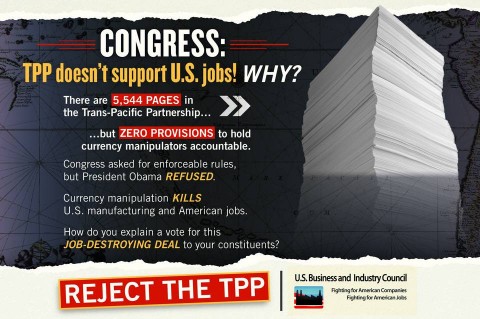In this day and age of ever-expanding government that desires to cater to our every whim, it takes money to grease the wheels. Unfortunately for those in the government people aren’t naturally inclined to support higher taxes or fees, so they have created more and more methods of vacuuming money out of peoples’ wallets in order to enrich themselves. One extreme case in point was the subject of a recent Institute for Justice update – it seems the small community of Pagedale, Missouri has decided that fines need to be levied for egregious offenses such as having mismatched curtains or a grill in your front yard. It’s a technique reminiscent of the notorious old “speed trap” communities like New Rome, Ohio that ended when states outlawed the practice of deriving a high percentage of a municipality’s revenues from traffic tickets.
I bring this up at the risk of giving the city of Salisbury some bright ideas when the speed cameras and rain tax bring in less revenue than predicted, but it makes a larger point: there seems to be no limit on what governmental units will consider for a “sin tax.” As one example: while those who believe in liberty gained a small victory earlier this year when Wicomico County allowed its speed camera contract to expire, the city of Salisbury isn’t giving up on its $768,000 in annual revenue that they wrest from peoples’ pockets for the simple act of exceeding the posted speed limit, even if it is set too low for the conditions or is active at a time when kids are not going to or from school. It wouldn’t surprise me to hear about Salisbury lobbying the state to expand the allowable area for these ticket producers outside their current legal restriction of school and active construction work zones.
More traditional “sin taxes” such as those on cigarettes have been a staple for years, and are often promoted for a particular purpose. Even having the states raid the coffers of the tobacco companies themselves has done little to slake their thirst – this report points out the hypocrisy of states taking tobacco settlement money but spending it on almost everything but cessation. Next in line for this treatment is marijuana – my prediction is that our kids will live to see a day where it is freely available, taxed like tobacco, and has cessation programs like tobacco does now. (The only difference is that we don’t have large-scale marijuana producers to extort settlement money from as we do tobacco companies.)
Of course, I understand that government needs money to operate, and while I may disagree about the ins and outs of particular policy decisions I understand I have to pay some taxes and fees along the way. Having said that, though, I object to the backhanded way state and local governments are trying to enrich themselves, often with no input from the public or recorded vote. (One example from Maryland: thanks to a vote from legislators two years ago, our gas tax is now indexed to inflation. It goes up without a vote; however, proposals to return it to the old system never make it out of committee.)
If government is to be properly limited, that limitation shouldn’t just be on the spending end. Excessive means of tax and fee collection as well as civil forfeitures provide more methods to confiscate the fruits of our labor for little benefit – unless you’re a well-connected crony. If you think you’re working harder and harder but have less to show for it, you may be right, but the solution isn’t going to attained easily. There are too many interested in keeping things just the way they are, so you may soon end up paying for that hole in your window screen you didn’t have time to attend to last weekend.


